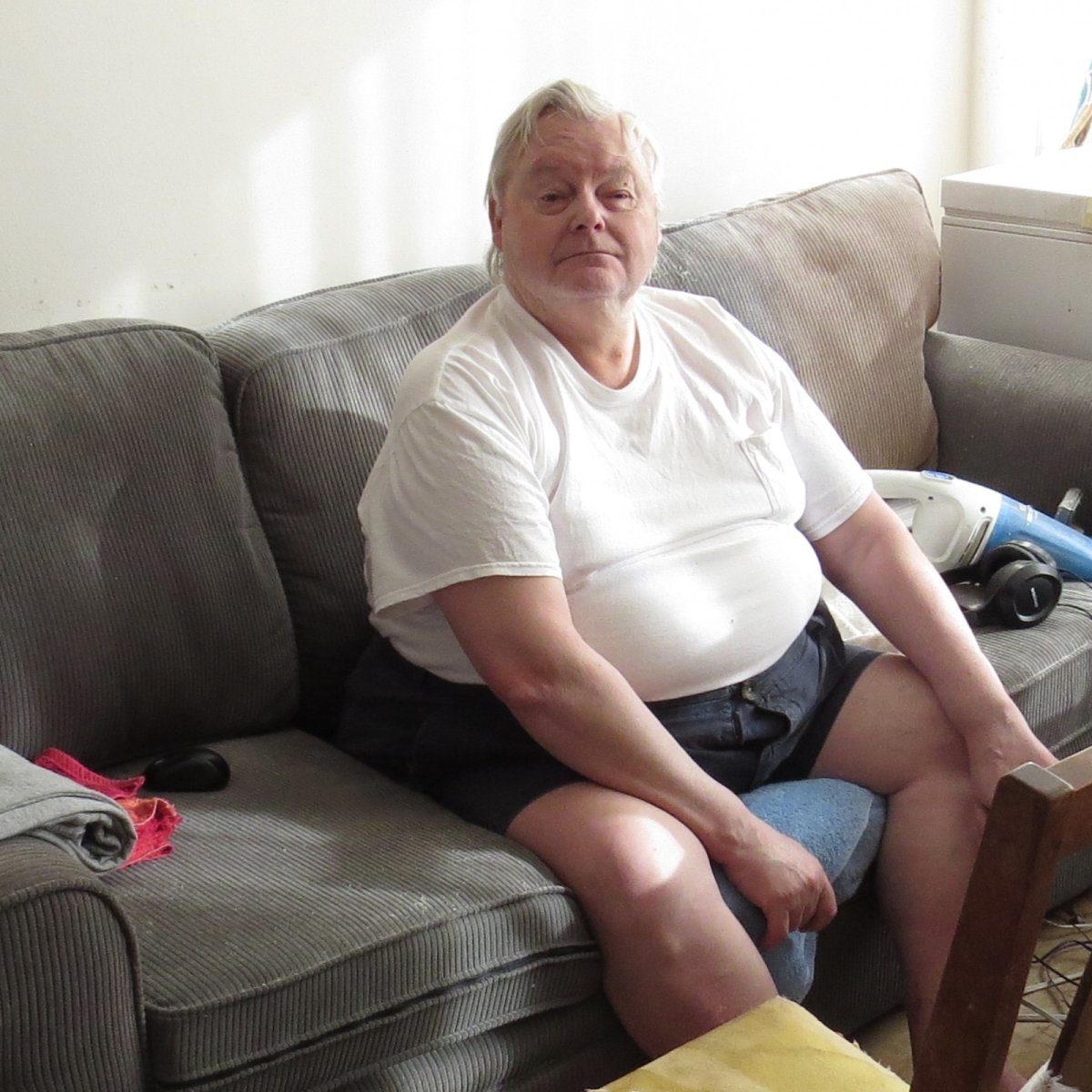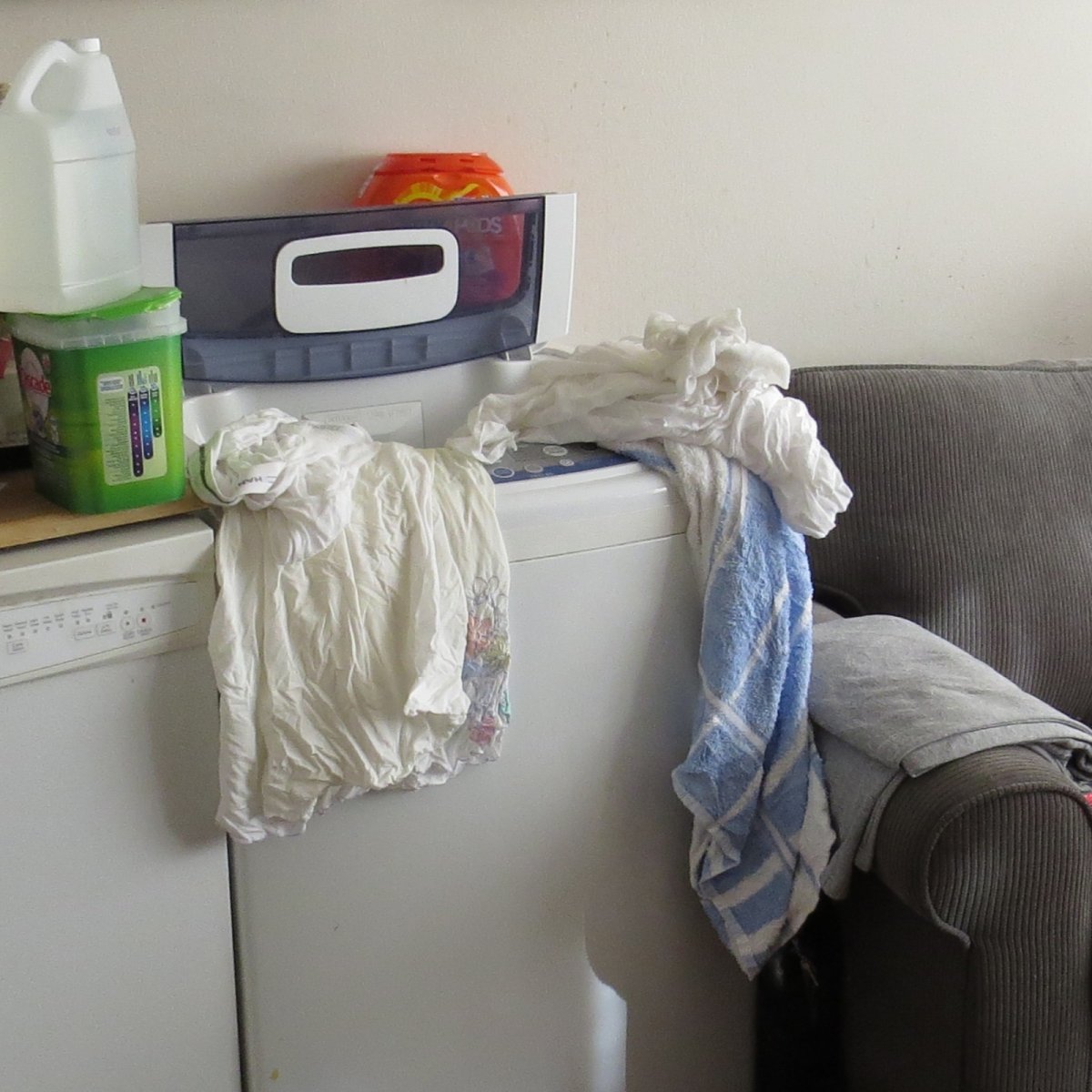With the pace of life for most of us, it seems like there’s never enough hours in the day to get everything done plus manage a household.

But for some seniors, keeping a home isn’t just a chore, it’s a massive challenge.
That’s because, for many, isolation isn’t the only problem.
It’s compounded by health and mobility problems.
The implications can be big – not just for people’s quality of life, but for B.C.’s bottom line.
In part two of a CKNW series, Charmaine de Silva takes a look at the lives of seniors who live, struggle and thrive, alone in Vancouver.
LISTEN: Aging alone part two
Listen to Part one of Aging alone here.
When we think of the horrible situations people live in in Vancouver, there are so many images that likely come to mind.
People struggling with addiction on the Downtown Eastside. Child poverty.
But that’s only a part of the picture.
- B.C. announces new rules around short-term rentals to take effect May 1
- ‘A significant risk to women’: Convicted killer, sex offender to reside in Vancouver
- B.C. woman tries to coax trapped orca calf out of lagoon with her violin
- Vancouver Canucks to face Nashville Predators in opening round of playoffs
Being lonely is not something anyone desires.
But imagine pairing lonliness with the inability to properly take care of yourself?
I learned about Guenther through the West End Seniors Network, and went to visit him.
Not enough help
Guenther has been living in his apartment for 35 years, and you can see the signs.
He’s accumulated a lot of stuff, which along with his wheelchair, makes getting in and out of the apartment difficult.
The smell is unpleasant, to say the least.
That’s no surprise. Unable to leave his suite after several falls, Guenther now relies on the kindness of others to remove his garbage, change his bedsheets, and clean his apartment.
He gets one hour of home support a week through Vancouver Coastal Health. And he receives some light housekeeping through Better at Home, a United Way program through the West End Seniors Network.
He says it’s just not enough time.
“I have someone coming in twice a month for two hours… What can I do? He just says there’s no money, and that’s it.”
There’s just not enough money to go around, certainly not enough to play “catch up” on a situation like Guenther’s.
CLICK TO SEE: Challenges of aging in isolation
Home alone
Dora Ng coordinates the Better at Home program for the West End Seniors Network.
She says there are 100 people in the West End who take advantage of Better at Home, another 100 people on the waiting list.
“When you don’t have social support, the kind of isolation you live in can be very surprising. We’ve come into homes where somebody completely cannot bend. So if they drop a piece of food, that piece of food might be on the floor rotting away until two weeks later when their housekeeper comes in again. Isolation can impact mental health, but also physical health… It’s not uncommon for seniors to use the emergency care services at hospitals, which is very costly when they are unable to get the support at home.”
And hospital is where Guenther spent the eight months before May, after taking a serious fall.
“I spent one month in intensive care, and then the rest of the time for a broken ankle. I don’t have anyone to take care of me here, so they do it in the hospital.”
Since being released, he hasn’t left his apartment once. That’s not a single trip out in six months.
That level of isolation means, Guenther doesn’t get to interact with that many people.
“I have my neighbour coming up, she does the shopping for me. She lives on the 4th floor and I pay her every so often. She was the only visitor I had in the hospital when I was there for eight months. Without her, I’d be finished a long time ago. Thanks Ellen!”
The cost of isolation
If Guenther had better access to home support, he wouldn’t be so isolated.
His standard of living would also be higher.
And Dora Ng notes, it would also cost the system less, overall.
“Home support is very cost effective. It keeps people living independently, it keeps people happy, it keeps people healthy. It’s a very cost-effective investment when we’re talking about support services.”
West End MLA Spencer Chandra-Herbert agrees, and thinks the province should be paying for it, instead of relying on charity.
“When an organization steps up to provide some level of home support, so laundry, cleaning, things the BC government used to provide, they’re filling a gap. But they themselves will admit they can’t fill that gap. They’re just trying to deal with a huge problem they see, that seniors are living in soiled clothes, with soiled bedding, because the BC government has cancelled that service.”
He says the long wait lists suggest there are probably even more people who need help who haven’t applied. And he says letting the problem get worse is neither compassionate nor cost effective.
“There are a lot of seniors out there who aren’t getting any help, who are probably going to end up in long-term care, in the emergency room, because they are not getting the attention they might have used to receive through the B.C. home care programs. Bad for them… [and] an emergency room visit is so much more expensive.”
The province says it is spending money on home care for seniors, more money than it ever has before.
But is it enough?
With the population of seniors skyrocketing, how are we going to get ahead of the problem if we are playing catch up right now?

























Comments